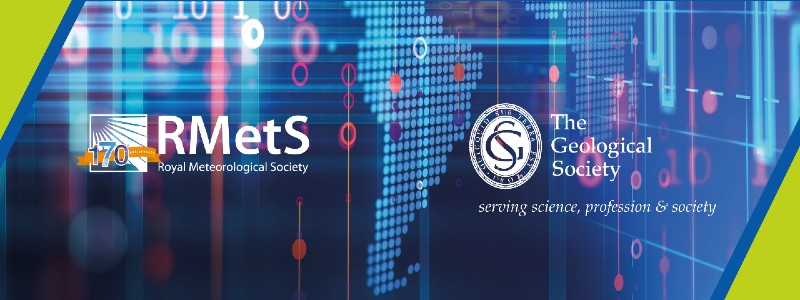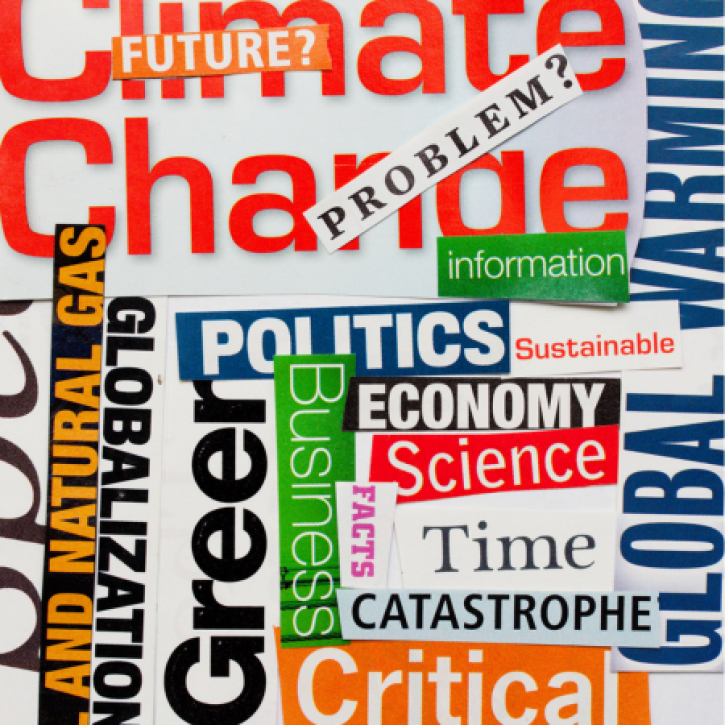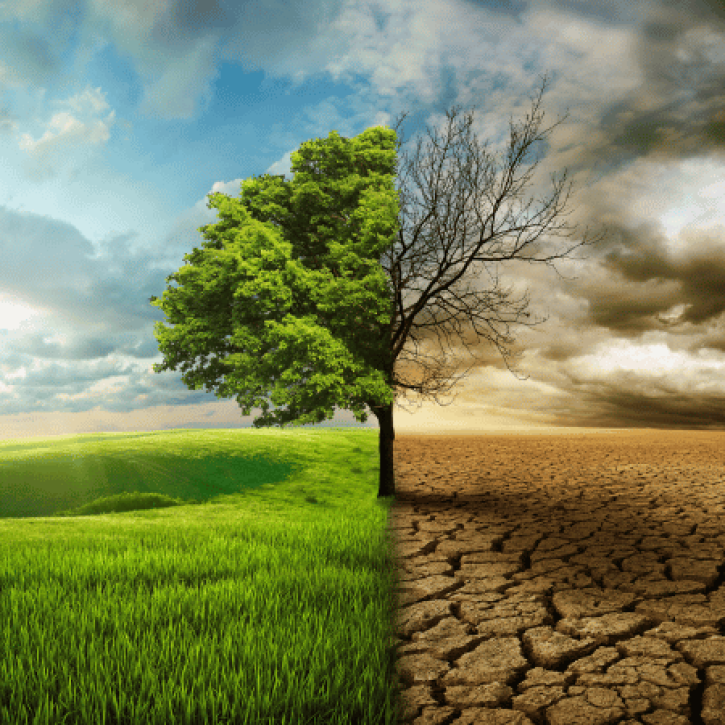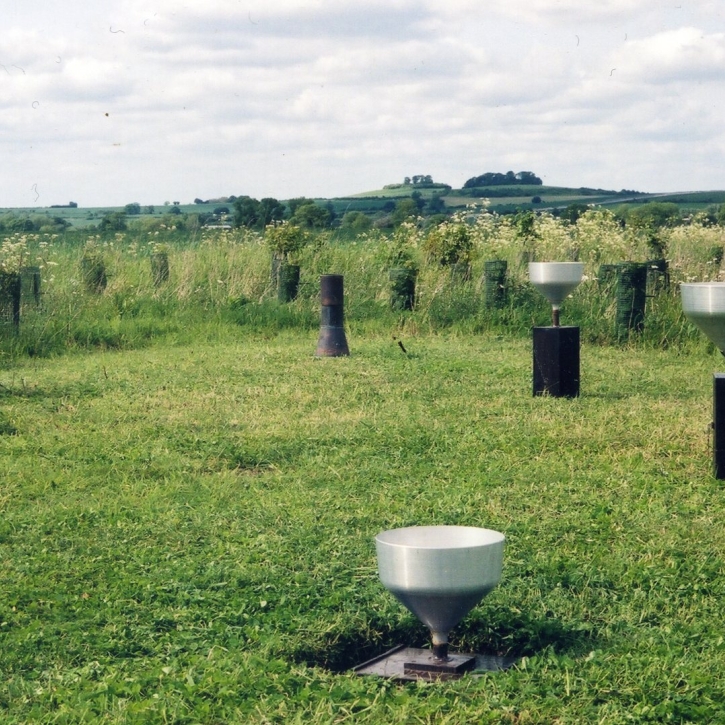

FREE WEBINAR | How and Why You Should Publish Your Geoscience Dataset
LOCATION
The Royal Meteorological Society (RMetS) in partnership with The Geological Society of London (GSL) hosted a special webinar on Tuesday 17 November to provide an all-round understanding of the benefits and options available in publishing dataset information.
The event, titled ‘How and why you should publish your Geoscience Dataset’ hopes to provide inspiration and guidance to those who work with datasets. The event was chaired by Katherine Royse, Chief Digital Officer at British Geological Survey, and the format consisted of three presentations from leading experts in atmospheric and environmental science data, followed by an opportunity for questions and discussion with the speakers.
We are delighted to announce the speakers were Douglas Schuster (Manager for the Data Engineering and Curation Section - National Center For Atmospheric Research), Garry Baker (Head of National Geoscience Data Centre - British Geological Survey) and Lucca Brocca (Director of Research - National Research Council, Research Institute for Geo-Hydrological Protection).
Software and data are essential components in driving scientific and technical advances in Geoscience research. Douglas Schuster’s presentation looked at the FAIR Data Principles (Findable, Accessible, Interoperable, and Reusable); how these principles are used within Ocean and Atmospheric Sciences, and how researchers can benefit from fulfilling open science expectations. Garry Baker’s session did then go on to examine the options available to authors for sharing a dataset, with discussion around various data repositories. The last session, presented by Luca Brocca, covered the basics of writing a data paper for submission to a data journal, and the benefits of doing so.
The webinar was free of charge and was held from 3pm to 4.30pm on Tuesday 17th November 2020 using Demio.
Registration has now closed for this event.
Programme
|
1500-1505
|
Introduction by the Chair
|
|
1505-1525
|
Session 1:
|
|
1525-1535
|
Q&A
|
|
1535-1555
|
Session 2:
|
|
1555-1605
|
Q&A
|
|
1605-1620
|
Session 3:
|
|
1620-1630
|
Q&A and Closing Statement by Chair
|
Resources
The Royal Meteorological Society (RMetS) in partnership with The Geological Society of London (GSL) hosted a special webinar on Tuesday 17 November to provide an all-round understanding of the benefits and options available in publishing dataset information.
The event, titled ‘How and why you should publish your Geoscience Dataset’ hopes to provide inspiration and guidance to those who work with datasets. The event was chaired by Katherine Royse, Chief Digital Officer at British Geological Survey, and the format consisted of three presentations from leading experts in atmospheric and environmental science data, followed by an opportunity for questions and discussion with the speakers.
We are delighted to announce the speakers were Douglas Schuster (Manager for the Data Engineering and Curation Section - National Center For Atmospheric Research), Garry Baker (Head of National Geoscience Data Centre - British Geological Survey) and Lucca Brocca (Director of Research - National Research Council, Research Institute for Geo-Hydrological Protection).
Software and data are essential components in driving scientific and technical advances in Geoscience research. Douglas Schuster’s presentation looked at the FAIR Data Principles (Findable, Accessible, Interoperable, and Reusable); how these principles are used within Ocean and Atmospheric Sciences, and how researchers can benefit from fulfilling open science expectations. Garry Baker’s session did then go on to examine the options available to authors for sharing a dataset, with discussion around various data repositories. The last session, presented by Luca Brocca, covered the basics of writing a data paper for submission to a data journal, and the benefits of doing so.
The webinar was free of charge and was held from 3pm to 4.30pm on Tuesday 17th November 2020 using Demio.
Registration has now closed for this event.
Programme
|
1500-1505
|
Introduction by the Chair
|
|
1505-1525
|
Session 1:
|
|
1525-1535
|
Q&A
|
|
1535-1555
|
Session 2:
|
|
1555-1605
|
Q&A
|
|
1605-1620
|
Session 3:
|
|
1620-1630
|
Q&A and Closing Statement by Chair
|





